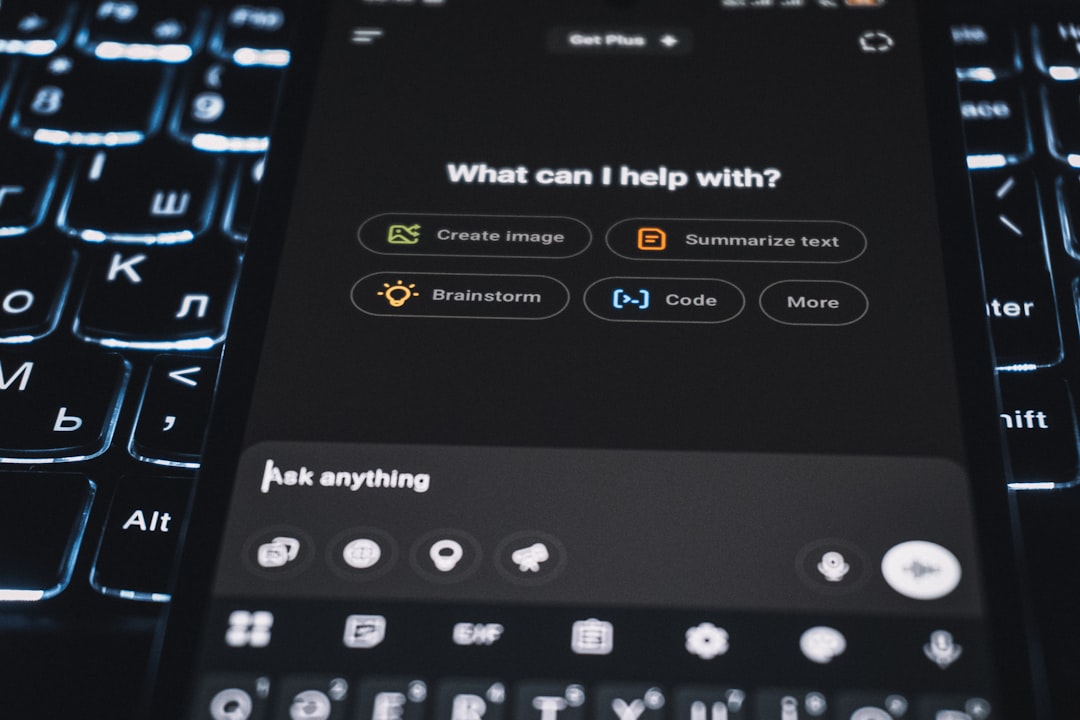Podcasting has become one of the most popular mediums of expression, storytelling, and education in the digital age. With thousands of new shows launched every year, the quality of production plays a key role in helping a podcast stand out. Traditionally, editing podcasts has required meticulous attention to detail, time, and technical expertise. However, the integration of artificial intelligence is rapidly transforming the audio production landscape. AI is redefining how podcasters produce content, offering powerful tools to streamline workflows, enhance audio quality, and dramatically reduce post-production time.
The Rise of AI in Podcast Editing
Artificial Intelligence is no longer a concept of the future—it’s actively reshaping industries today. In podcasting, AI tools are becoming indispensable. From noise reduction and audio leveling to automatic transcription and content summarization, AI is capable of handling complex editing tasks that would normally take hours of manual labor.
At the heart of this revolution are machine learning algorithms trained on vast datasets of audio. These systems learn to recognize speech patterns, remove unwanted sounds, and even detect speaker emotions. Through constant learning and adaptation, these AI tools are achieving levels of accuracy and efficiency previously unimaginable in audio production workflows.

Key Features of AI Podcast Editing Tools
Modern AI-powered podcast editing tools come equipped with a range of features designed to assist podcasters of all skill levels. Some of the most transformative functionalities include:
- Automatic Audio Cleanup: Background noise, echoes, and hums can be eliminated with a single click, removing the need for complex equalization or soundproof recording environments.
- Speaker Recognition: AI can distinguish between different voices, tag speakers in conversations, and apply customized editing to each track.
- Filler Word Removal: Common filler words like “um,” “uh,” and “you know” are identified and can be automatically removed to produce a more polished result.
- Automatic Transcription: Generating accurate transcriptions instantly not only makes content accessible but also aids in editing and indexing episodes for searchability.
- Auto-Leveling: AI can normalize volume levels for a consistent listening experience, ensuring that all voices are equally audible.
These features don’t just save time—they also enable creators to focus on content quality rather than technical post-production procedures.
Popular AI Podcast Editing Tools
Several AI tools have gained popularity in the podcasting industry owing to their intuitive interfaces and powerful automation features. Here are a few that have made a significant impact:
- Descript: Perhaps one of the most well-known tools, Descript uses speech-to-text technology for editing episodes directly through a text document. Its “Overdub” voice cloning and filler word removal features are favorites among podcasters.
- Adobe Podcast (formerly Project Shasta): Adobe’s AI-powered podcasting tool is designed with accessibility in mind. Its Enhance Speech feature significantly improves low-quality audio, making it sound studio-grade.
- Auphonic: Ideal for batch processing and automated leveling, Auphonic helps podcasters process multiple episodes simultaneously with optimized loudness and file formats.
- Cleanvoice: This AI tool excels in removing mouth sounds, stutters, and filler words while maintaining natural speech flow.
These tools prove that podcasters no longer need to be audio engineers to produce professional-sounding content.
AI’s Impact on Podcast Production Workflow
Integrating AI into the podcast editing process isn’t just about making tasks easier—it’s about reshaping the entire workflow. Traditional editing can take several hours per episode depending on complexity. With AI, that same work can be completed in a fraction of the time.
Here’s how AI is transforming production workflows:
- Recording: AI doesn’t just play a role in editing. Features like real-time noise cancellation and voice enhancement can now be applied as the recording happens.
- Draft Editing: Transcription-based editing allows producers to trim, cut, and reorganize content using a simple text editor.
- Final Touches: Automated mixing, mastering, and sound balancing can be applied in seconds, producing a market-ready file instantly.
- Distribution Support: AI tools can generate SEO-rich show notes, social media clips, and audiograms to support marketing efforts.
This new paradigm has allowed solo podcasters and small teams to increase their output and focus more on storytelling and listener engagement.

Challenges and Limitations
Despite its many advantages, AI podcast editing is not without limitations. These tools are most effective with high-quality recordings and may struggle with overlapping dialogue or strong accents. Furthermore, the nuances of human conversation—such as intentional pauses or unique vocal inflections—may be misinterpreted or deleted by overly aggressive algorithms.
For creators working on narrative or dramatic podcasts where timing and personality are vital, fully automated editing may not always be suitable. In such cases, a hybrid approach combining AI-powered tools with human oversight offers the best results.
The Future of AI in Audio Production
As artificial intelligence continues advancing, the capabilities of podcast editing tools will only grow. Anticipated developments include real-time collaborative editing, more accurate emotion detection, and smarter content suggestions based on listener behavior analytics.
In addition, voice synthesis and AI-generated co-hosts are beginning to blur the lines between human-produced and AI-produced content. These technologies could open up entirely new forms of creative podcasting that are currently unexplored.
Ultimately, AI is not here to replace human editors or storytellers—but to empower them with tools that enhance creativity, efficiency, and accessibility.
Conclusion
Artificial intelligence is revolutionizing the world of podcast production by automating time-consuming tasks and democratizing access to high-quality editing tools. Whether you’re a beginner starting your first show or a seasoned producer managing a complex series, AI tools can elevate your workflow and output in meaningful ways. The future of podcast editing is not only more efficient—it’s smarter, more creative, and more accessible than ever before.
Frequently Asked Questions (FAQ)
- Can AI completely replace human podcast editors?
- AI can handle many technical aspects of editing, but human editors still add essential creative judgment, emotional context, and storytelling dynamics that machines cannot fully replicate.
- Are AI podcast editing tools beginner-friendly?
- Yes. Most tools offer intuitive interfaces and easy-to-use features, making them ideal for podcasters without prior editing experience.
- Do I need high-end equipment to benefit from AI editing?
- While AI can enhance poor-quality audio, starting with a decent microphone and quiet environment will deliver optimal results.
- How accurate are AI transcriptions?
- AI transcription accuracy varies by tool but generally ranges from 85% to 95%, depending on audio clarity and speaker accents.
- Is my podcast data secure when using AI tools?
- Most reputable services use encrypted protocols and privacy policies to protect user data, but it’s always advisable to check a tool’s privacy statement before use.



